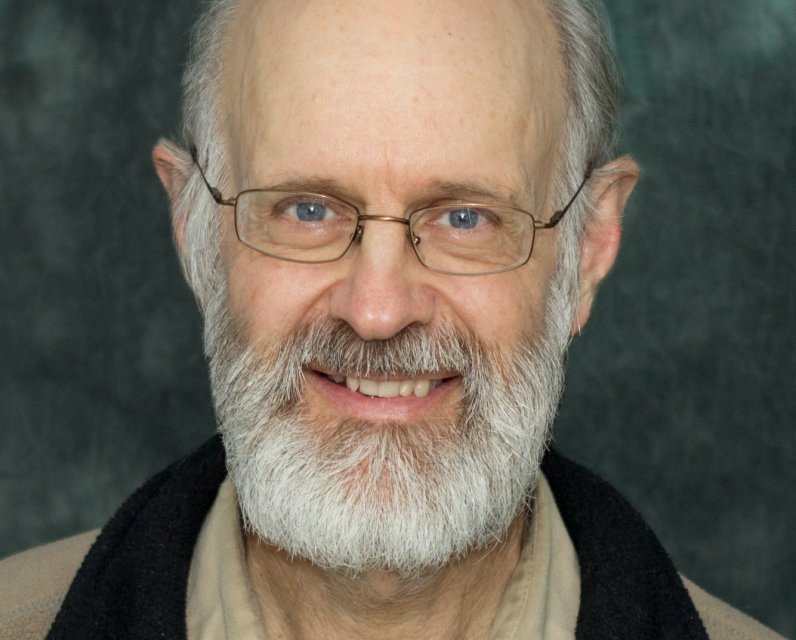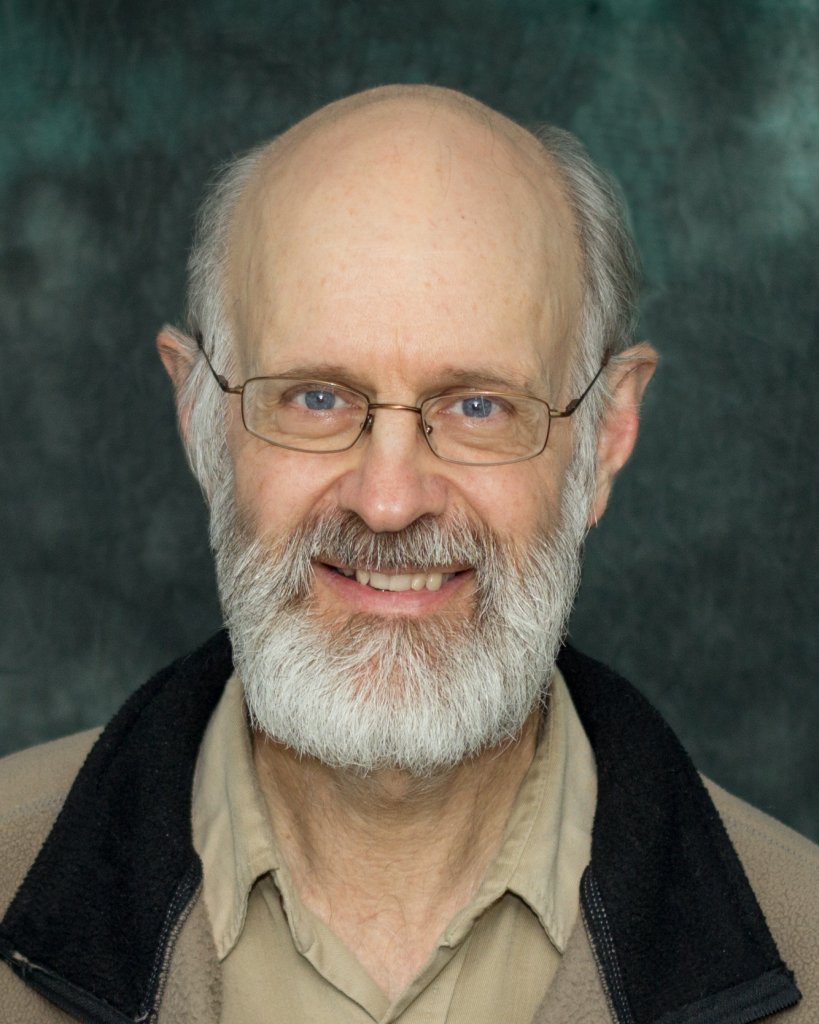Unpublished Opinions
In 1971, Mike Nickerson founded the Institute for the Study of Cultural Evolution to look into how change takes place in societies. The study focused on the problems and solutions that motivated voluntary and non-profit organizations. That study resulted in the eight point outline of sustainability on the cards distributed at events.
To clarify the resulting vision and how it might become society’s new goal, Mike has written three books:
Change the World I Want to Stay On (1977),
Planning for Seven Generations (1990) and
Life, Money & Illusion; Living on Earth as if we want to stay, (2006), second edition (2009).
Since "Life, Money and Illusion" was published, he has been touring the country, introducing the Question of Direction. The program encourages people to think and talk about how we might adapt, now that we touch planetary limits and the expansion of human activity is becoming ever more problematic.
Nickerson contends that when we collectively acknowledge that our planet has limits and accept responsibility for living within them, we are fully capable of redirecting our efforts and securing well-being for the next seven generations and beyond.
To support his study and writing habit, Mike designs and builds custom furniture. http://www.sustainwellbeing.net/custom_furniture.html
In the Interest of the Seventh Generation

Most of humanity's present troubles result from the fact that, as a species, we have grown to touch the limits of our planet. The scale of human activity marks humankind's physical maturity. The Earth awaits our acceptance of adult responsibility.
Throughout history the human project has been expanding. Now that the Earth is essentially full trying to sustain "growth" stresses resource supplies, intensifies waste problems and stimulates conflict.
Sooner or later, humanity will have to acknowledge our planet's limits and resolve to live within them. The Question of Direction project aims to advance that resolution.
In the Interest of the Seventh Generation
There is a tradition in some societies,
whenever decisions are being made, to
consider the interests of the next seven generations.
For the modern world to do the same
would mark our passage to maturity.
Making decisions in the interest of the Seventh Generation compels us to look beyond the next financial quarter, the next election cycle, indeed, beyond our own lives and even the lives of our children and grandchildren. It requires that we commit to the good of our species - long after we are forgotten.
Being human is a great privilege which is easy to take for granted. We are mistaken to assume the greatness of being human to be our own greatness. Our individuality is just a small presence carried by the awesome structure of being human. It has long been noted that we "stand on the shoulders of giants." This is true both intellectually and biologically.
None of us made the opposable thumb, or the circulatory system that enables a hundred trillion cells to cooperate in keeping our bodies alive and doing our bidding. We didn't create sight or hearing or any of the other senses through which we are able to perceive the world. And our brain: who is responsible for the amazing capacity we have to remember details, to recognize patterns, to understand and speak words, and to imagine how to organize various materials into all manner of things? From where comes our capacity to love and to fear? All this potential comes free with birth, without our having to do anything. A vast collection of biological wonders accumulated over two and a half billion years !
There is a more recent but no less impressive list of wonders that we inherit from our evolving culture.
An individual who makes good use of these inherited abilities can take some credit. From within our human form great things can be accomplished. It is the role of individuals in every age to act to meet the problems and opportunities that we perceive in the world around us. Thank goodness for such individuality; we are the leading edge of adaptation as life proceeds through its third billion years.
When we make decisions in the interest of the seven generations, it is our inherited greatness that we seek to sustain. Among the problems facing today's humans is diminishing reserves of fossil fuel. As prices rise, increasingly vast fortunes drain steadily from communities to support drilling and processing. It could be that fossil fuels will be too expensive to use within the time it takes a baby to become a responsible parent. Perhaps, with fracking, deep-sea drilling, arctic resources and seabed methane our dependence on carbon fuels can be stretched to serve another generation, less likely to a third, though the climate problems, economic stress and other collateral degradation would be formidable.
That leaves four generations still to consider before the interests of the seventh come into view. How do we pay respect to our parents and to the 7,000 other generations that came before us? Without all their efforts, we would not be able to enjoy the awesome privilege of being human upon this wonder-filled planet.
The next time you make a decision, consider all your relations.
---------------
A free mini-course on Shifting Society's Goals is available at:
http://www.sustainwellbeing.net/minicourse.html



Comments
Be the first to comment